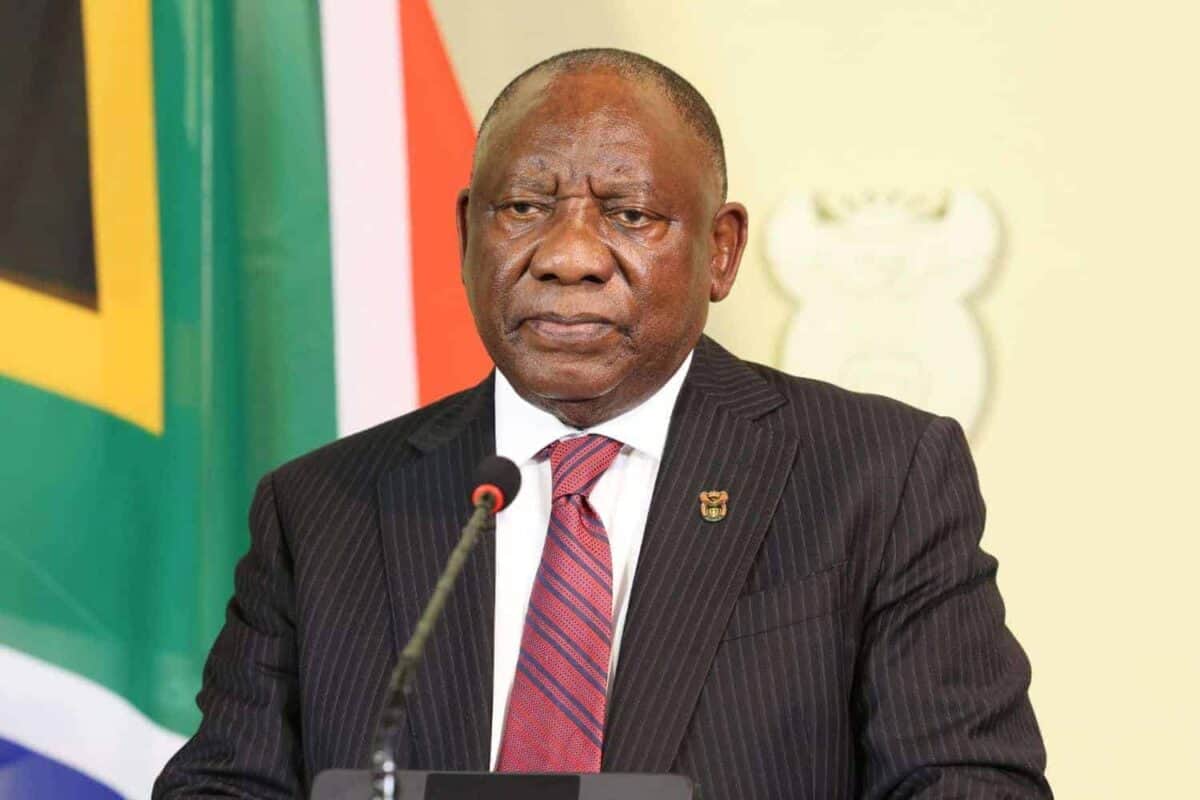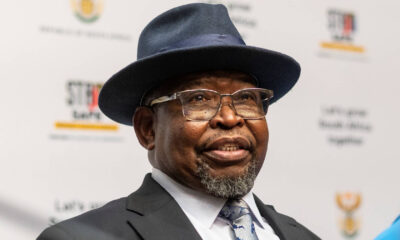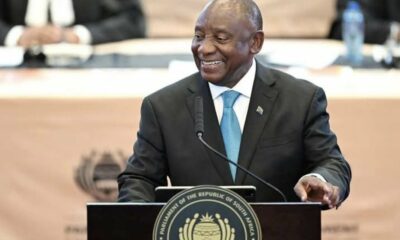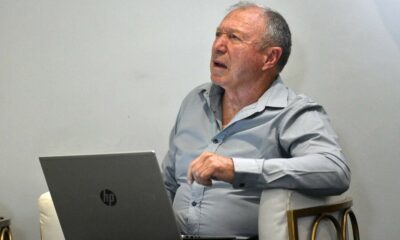News
South Africa Rethinks BEE: Why the Country’s Once-Untouchable Policy Is Now Facing Its Biggest Test Yet

South Africa’s Winds of Change: Why BEE Is Suddenly Up for Debate
For nearly three decades, Black Economic Empowerment has stood as one of the ANC’s cornerstone policies as fundamental to the post-apartheid economic vision as the Constitution itself. But today, something unusual is happening: the public is questioning it, investors are wary of it, and experts say it may be time for the country to move on.
That’s the argument made by political and economic analyst Dr Frans Cronje, who believes South Africa has reached a turning point, a moment where hard truths can no longer be ignored.
Speaking on the State of the Nation podcast, Cronje didn’t mince his words: the BEE experiment, he argues, “has failed,” and its continued enforcement may be costing South Africa the growth it desperately needs.
And he’s not alone. Across social media, at business roundtables, and even within circles historically close to the ANC, the mood is shifting.
A Country Growing at 1%, When It Should Be Growing at 5%
Cronje paints a simple picture of a complex problem:
South Africa’s economy is stuck at 1% growth, when it should be rising closer to 5%.
The culprit? He points to a handful of policies two in particular:
-
Black Economic Empowerment (BEE)
-
The new Expropriation Act
Together, Cronje says, these policies create a climate where capital is hesitant and energy is low. His criticism of the Expropriation Act is especially blunt: he argues that allowing the state to take property without compensation isn’t about land reform at all but about enabling political elites to channel wealth.
In the investment world, perception is everything. And right now, perception is turning into a red flag.
BEE as a “Tax on Arrival” and Why Investors Are Choosing Other Countries
Cronje describes BEE not as an empowerment tool, but as a “tax on capital” something companies must pay before they can meaningfully invest.
For many potential investors, that upfront cost is a dealbreaker.
The result? Viable projects simply never happen.
And if that weren’t enough, the ANC has made its stance clear.
Party spokesperson Mahlengi Bhengu-Motsiri famously said that investors who don’t like the rules can simply take their money elsewhere “India or somewhere else.”
And, as Cronje notes, many already have.
Investor confidence has halved over two decades. That’s not a small dip it’s a long-term alarm.
How Public Opinion Has Quietly Shifted
What’s striking is not only Cronje’s critique but the cultural shift he says is happening around BEE.
A decade ago, questioning BEE in public was political suicide.
Now? Polls show 80% of South Africans believe businesses that employ people and pay tax should not be forced into additional BEE requirements.
That’s a dramatic and telling shift.
Even President Cyril Ramaphosa, responding to the DA’s push to amend B-BBEE frameworks, pointed out that Parliament is now the legitimate arena for that debate. In the past, such an admission would have been unthinkable.
Cronje sees this as proof that South Africa is moving into a new era one where the public’s lived reality is beginning to outweigh the ANC’s ideological history.
Social Media and the Streets: A Country That’s Simply Tired
A quick scan of X (formerly Twitter) reveals a consistent theme:
South Africans are tired of policies that benefit only a few connected individuals while ordinary citizens see no real upliftment.
Common sentiments include:
-
“BEE helped the rich get richer not us.”
-
“We need jobs, not political gatekeeping.”
-
“Businesses should be free to grow.”
-
“BEE became about elites, not empowerment.”
This doesn’t mean South Africans don’t want equity or transformation. They do, passionately. But they’re asking for something more transparent, more inclusive, and less tied to political networks.
A Party at Risk of Losing Its Own Voters
Cronje warns that if the ANC does not interpret these signals carefully, it could find itself on the wrong side of public opinion.
And that could have consequences far beyond policy debates, especially as elections draw nearer and younger voters become increasingly vocal about economic opportunity.
The Bigger Picture: What Removing These Policies Could Trigger
Cronje believes that eliminating the obstacles, BEE requirements and the Expropriation Act would unleash a wave of local investment. Once local businesses gain confidence, international investors would follow.
His message is simple:
Remove the barriers, and the economy will breathe again.
A Moment of Reckoning for South Africa
Whether one agrees with Cronje or not, it’s clear that BEE is entering the most serious debate of its life.
South Africa is nowhere near abandoning its commitment to transformation, but it is beginning to question whether current tools still make sense.
And for the first time in a long time, that conversation is happening out loud.
The winds of change are blowing and they’re not waiting for political permission.
{Source: BusinessTech}
Follow Joburg ETC on Facebook, Twitter , TikTok and Instagram
For more News in Johannesburg, visit joburgetc.com



























